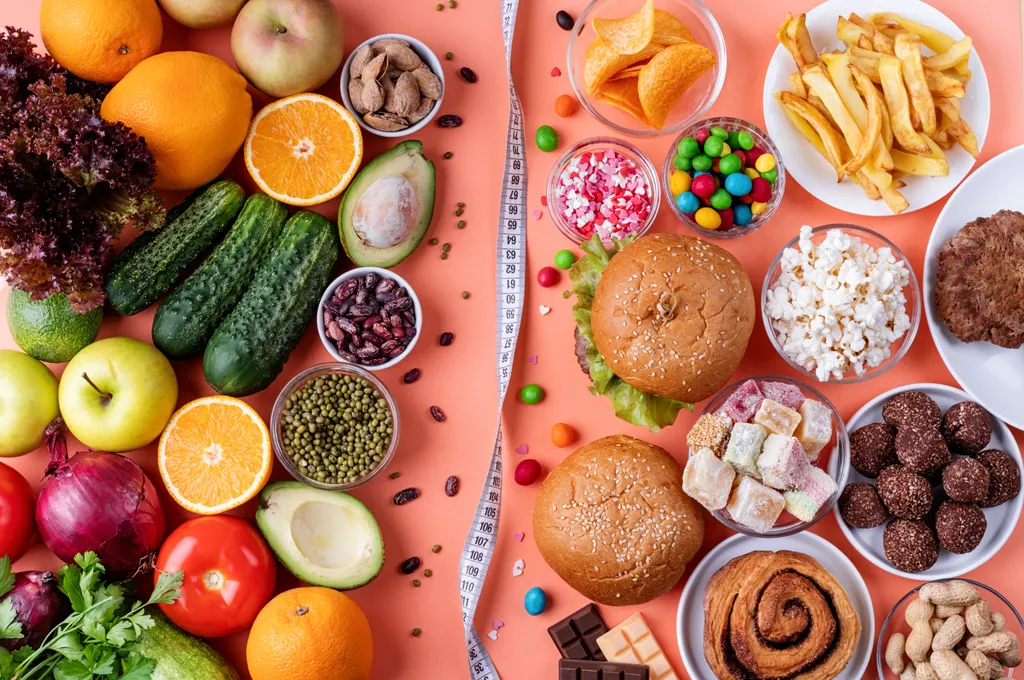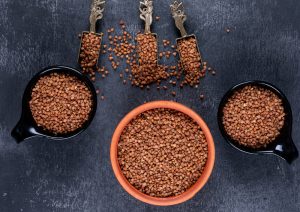Did you know? Often, metabolism is the reason why some people easily gain or lose weight. But the story goes much deeper than that. Metabolism is your body’s built-in energy system. It influences everything from your weight to your mood and long-term health.
When people talk about fast vs. slow metabolism, they’re usually referring to how quickly the body burns calories at rest. But first, let’s decode what metabolism really is.
What Is Metabolism?
Metabolism is how your body turns food and drinks into energy. Every second, countless chemical reactions take place inside your cells to help you breathe, move, heal, and function.
Keeping these processes balanced is called homeostasis, and it’s what keeps your body running smoothly.
Most people think of metabolism only in terms of burning calories. That part is called your metabolic rate, and it includes three main components:
- Basal Metabolic Rate (BMR): Energy your body needs for basic functions like breathing and keeping your heart beating (Harvard Health)
- Thermic Effect of Food (TEF): Energy required to digest and process food
- Physical Activity: Energy you burn during movement and exercise
But metabolism is more than just calories in and calories out. It’s a complex system that shapes your overall health, influencing far more than just weight.
What Is Fast Metabolism?
A fast metabolism means your body burns calories at a higher rate even when you’re resting. Your BMR is higher, so your body uses more energy to maintain basic functions like breathing, circulation, and cell repair. Think of it like a car engine running at high RPM: it burns fuel faster.
Benefits:
The benefits of a fast metabolism are:
- Easier weight maintenance
- Higher daily energy levels
- Better nutrient utilisation
Medicine Net stated the following signs of fast metabolism:
- Eating large portions without gaining weight
- Feeling warm often or sweating easily
- High resting heart rate
- Frequent hunger
- Regular bowel movements
What Is Slow Metabolism?
A slow metabolism means your body burns fewer calories at rest. Your BMR is lower, so the same food intake may result in more stored energy/fat if not balanced with activity. Think of it like a car engine idling at a low speed: fuel lasts longer, but output is lower.
Possible signs of slow metabolism, according to Better Health:
- Weight gain despite normal eating habits
- Low energy or fatigue
- Feeling cold often
- Dry skin or hair loss (sometimes linked to thyroid issues)
- Difficulty losing weight despite diet/exercise
Salisbury University states the following causes of slow metabolism include:
- Age: Muscle mass naturally decreases with age
- Low muscle mass: Muscle burns more calories than fat
- Hormonal changes: Thyroid disorders, insulin resistance, PCOS
- Dieting history: Severe calorie restriction or yo-yo dieting can reduce BMR
- Sedentary lifestyle & genetics: Less activity and inherited traits can slow metabolism
Fast vs. Slow Metabolism: Pros, Cons & Myths
| Feature | Fast Metabolism | Slow Metabolism |
| Calorie Burn | High | Low |
| Weight Tendency | Stays lean easily | Gains weight easily |
| Energy Levels | Often high | Can feel sluggish |
| Hunger Levels | Frequent hunger | Less frequent hunger |
| Risks | Nutrient gaps, hard to gain weight | Obesity, metabolic syndrome, fatty liver |
Fast isn’t always “better.” While a fast metabolism helps with weight maintenance, it may cause difficulty in gaining muscle or lead to nutrient deficiencies if calorie intake doesn’t match needs.
Similarly, a slow metabolism isn’t always negative: some research suggests it may be linked to longevity if paired with a healthy lifestyle.
Common Myths About Metabolism
| Myth | Fact |
|---|---|
| Thin people always have a fast metabolism. | Weight doesn’t determine BMR: muscle mass and genetics matter more. |
| You can’t change metabolism. | Muscle gain, physical activity, and diet can influence it (Harvard Health). |
| Certain foods dramatically speed it up. | Foods like green tea or chilli provide only minor, temporary boosts (Verywell Health). |
How Can I Check My Metabolism?
There’s no single test you can do at home, but here are reliable methods:
- Calculate Basal Metabolic Rate (BMR): Formulas like the Mifflin-St Jeor equation estimate your daily energy burn based on age, sex, weight, and height.
- Indirect Calorimetry: A clinical test that measures oxygen consumption to calculate Resting Metabolic Rate (RMR).
- Track changes: If you consistently gain or lose weight on the same diet, it may hint at your metabolic rate.
- Metabolic age tests: Some wellness labs compare your metabolism to average values for your age group (Times of India).
How to Improve Your Metabolism?
Regardless of whether yours is fast or slow, the goal is to keep it healthy and efficient. NIH states the following ways to optimize your metabolism:
- Build and maintain muscle: Strength training 2–3 times weekly helps boost BMR.
- Eat enough protein: Protein has the highest thermic effect; your body burns more calories digesting it.
- Stay active daily: Small movements like walking, taking stairs, and doing housework add up to burn calories.
- Avoid extreme diets: Very low-calorie diets can slow metabolism over time.
- Prioritise sleep & manage stress: Poor sleep and stress hormones (like cortisol) disrupt metabolism.
- Stay hydrated: Water is essential for all metabolic processes.
Final Takeaway
Your metabolism isn’t your enemy or your superpower; it’s your energy engine. By focusing on muscle health, diet, activity, sleep, and stress balance, you can optimize your metabolism, whether it’s naturally fast or slow.
A metabolism that is efficient, flexible, and balanced is the healthiest in the long run.









